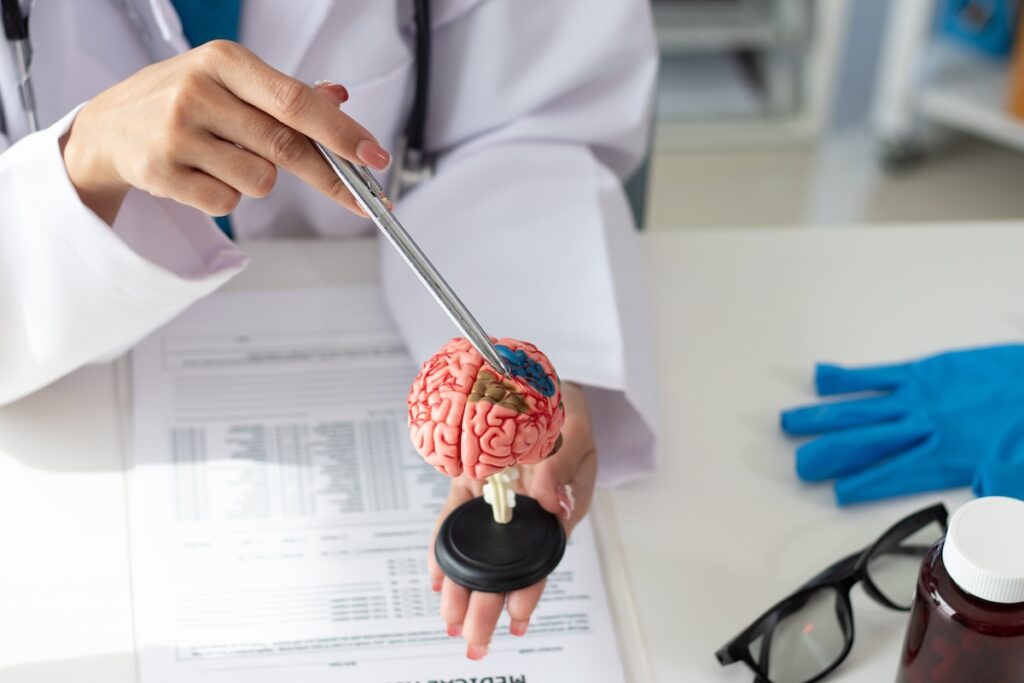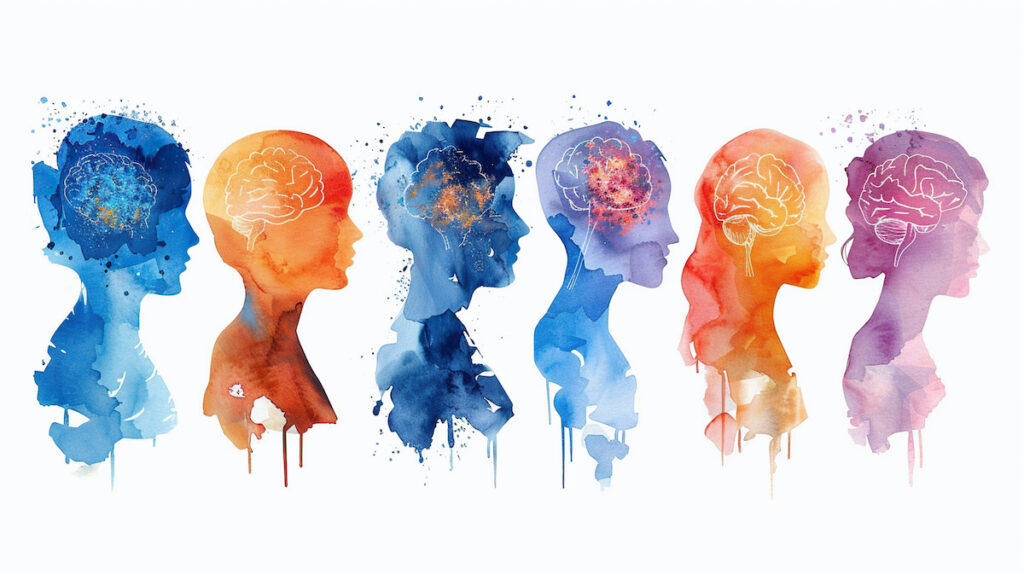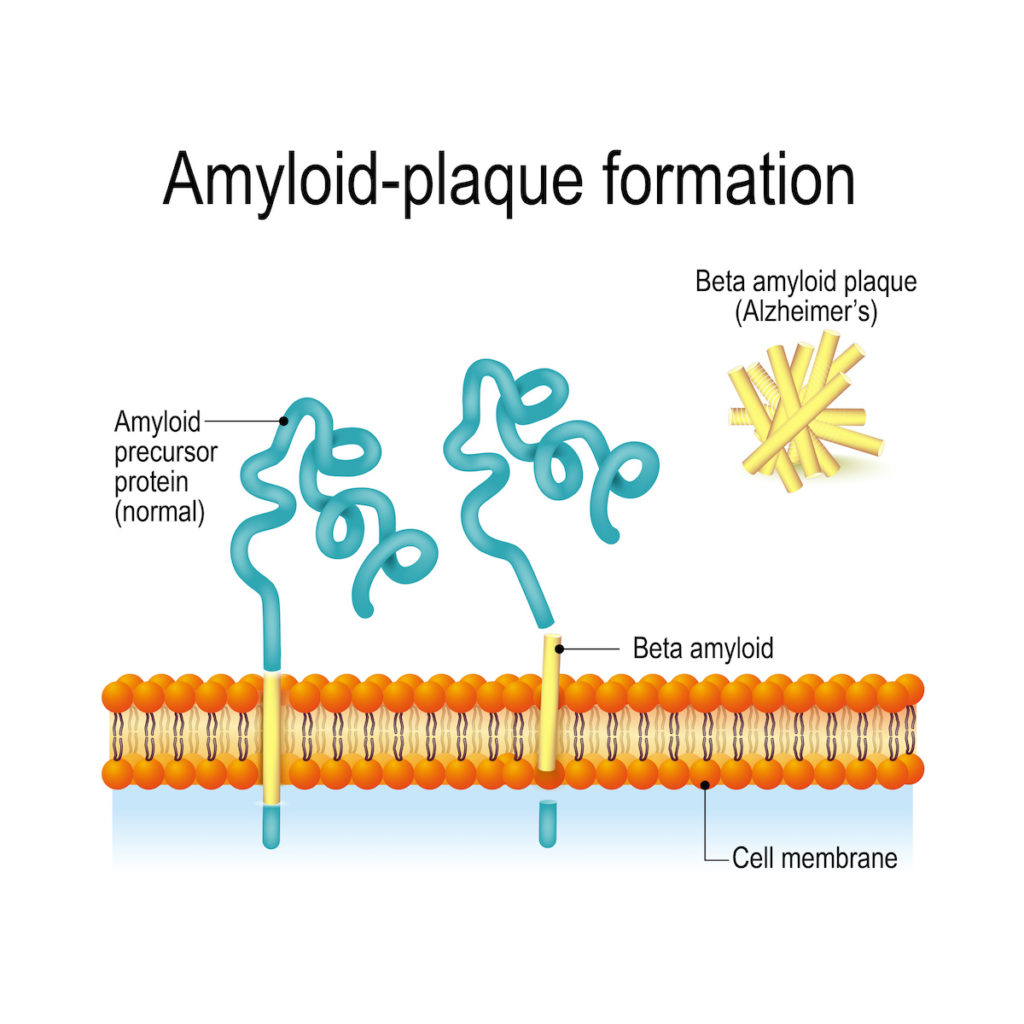Please do not delay. If you or a loved one has recently received an early diagnosis of Alzheimer’s disease, I urge you to reach out and schedule a conversation with me or another qualified estate planning attorney immediately. Time is of the essence. Let’s discuss your specific situation, your concerns, and your wishes, taking into account your potential future medical needs and the evolving treatment landscape.
Category Archives: Alzheimer’s Disease
This time of year, can likewise create stress for your loved one whose anxiety levels seem to mirror your own. Unlike yourself, however, the dementia affects your loved one’s ability to express himself or herself clearly. Simple changes in routine can cause unexpected anxiety which increases with the inability to verbalize what they are feeling.
If a doctor diagnoses you or a loved one with Alzheimer’s Disease, act quickly. As the disease progresses, it will become increasingly difficult for your loved one to make decisions and manage complex affairs.
Despite challenges, the emergence of new drugs like Leqembi signifies a turning point in the fight against Alzheimer’s. Research is accelerating, and the scientific community is no longer solely focused on managing symptoms but also on modifying the disease course.
Traditional cognitive tests are time-consuming and subjective. AI-powered cognitive assessments can administer shorter, adaptive tests and analyze performance with greater objectivity. This can improve accessibility and accuracy, leading to earlier diagnosis and intervention.
While effective treatments are crucial, preventing Alzheimer’s altogether remains a desirable goal. Research focusing on lifestyle modifications and early intervention is gaining traction. Studies suggest that regular physical activity, a healthy diet rich in fruits and vegetables, and cognitive stimulation may play a role in reducing Alzheimer’s risk.
Focus on togetherness. The holidays are a time to be together as a family. Make time for activities that you can both enjoy, such as watching holiday movies, listening to Christmas music, or looking at photo albums.
The diagnosis of Alzheimer’s disease and MID can be challenging, as there is no single test that can definitively diagnose either condition. Doctors will typically use a combination of tests, including a physical exam, a neurological exam, and neuropsychological testing, to make a diagnosis.
With the 90-second rule, if a dementia patient answers two or more of these questions incorrectly, they may be referred for further testing, such as a brain MRI or PET scan. These tests can help to rule out other possible causes of dementia, such as vascular dementia or Lewy body dementia.
An obstacle millions of California senior citizens may encounter is the need to qualify for Medi-Cal coverage. Through online resources, video seminars and in-person trainings, we educate clients and friends to navigate the somewhat confusing process of Medi-Cal qualification.










